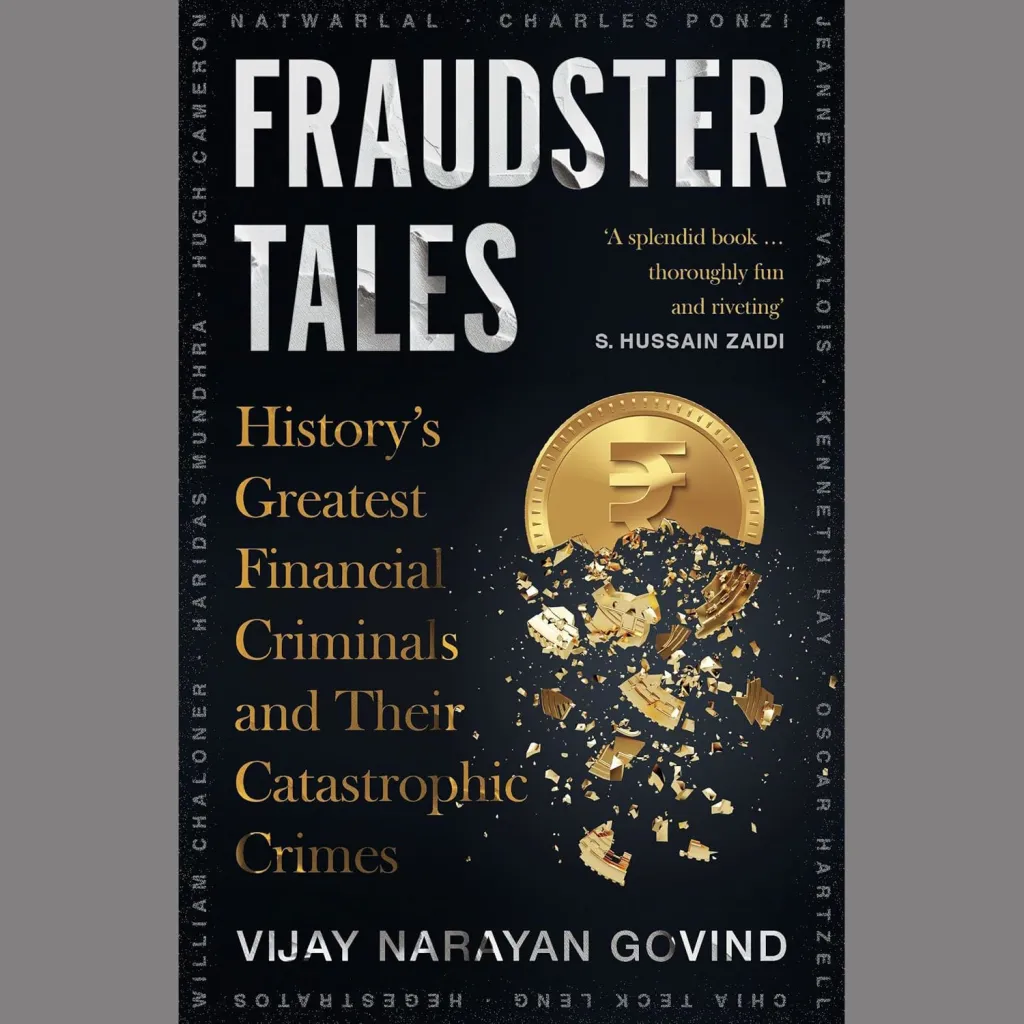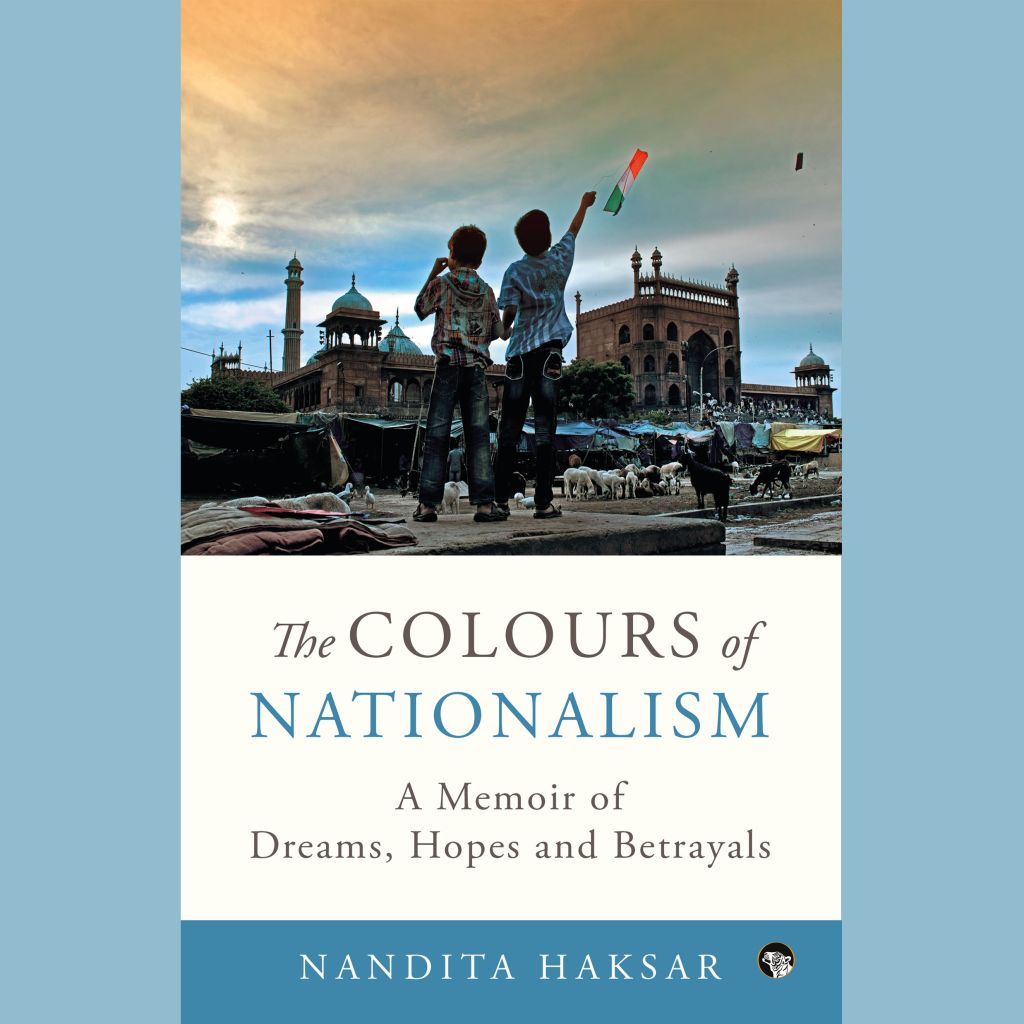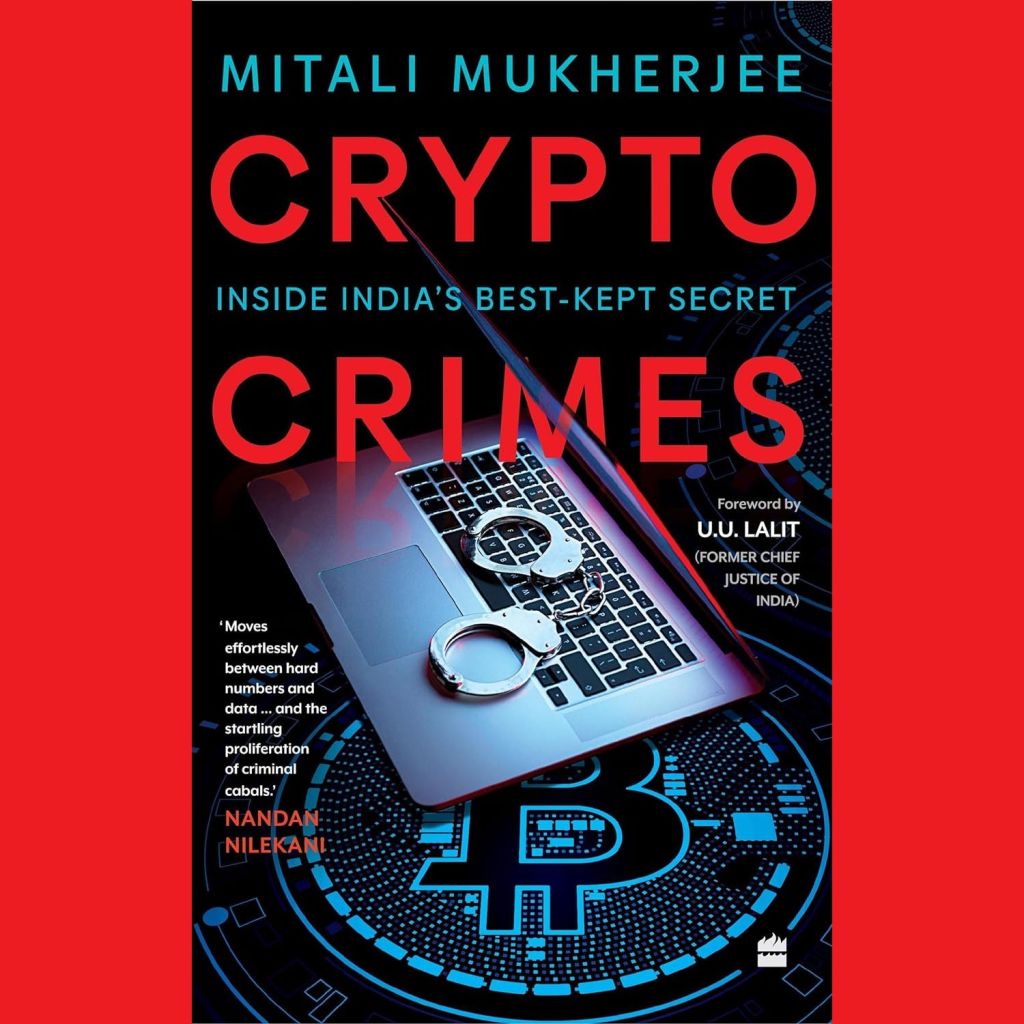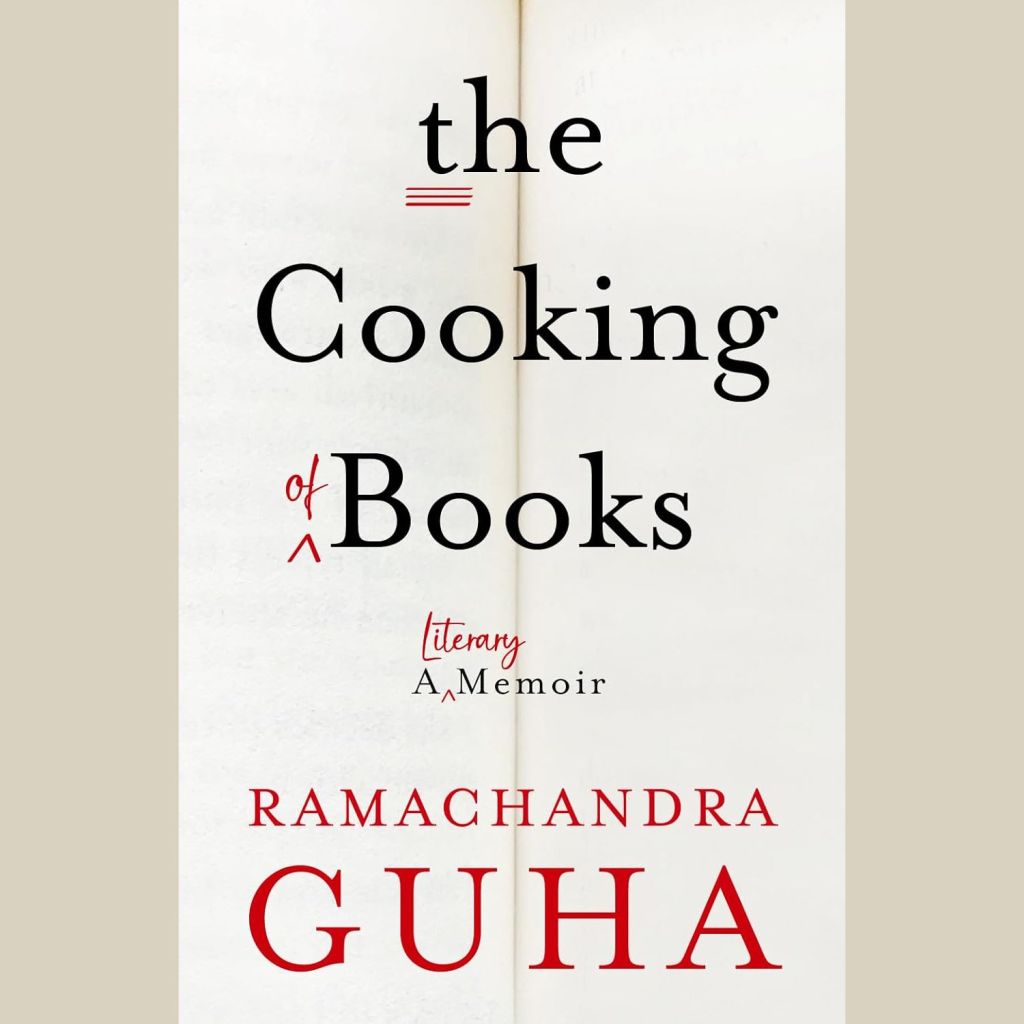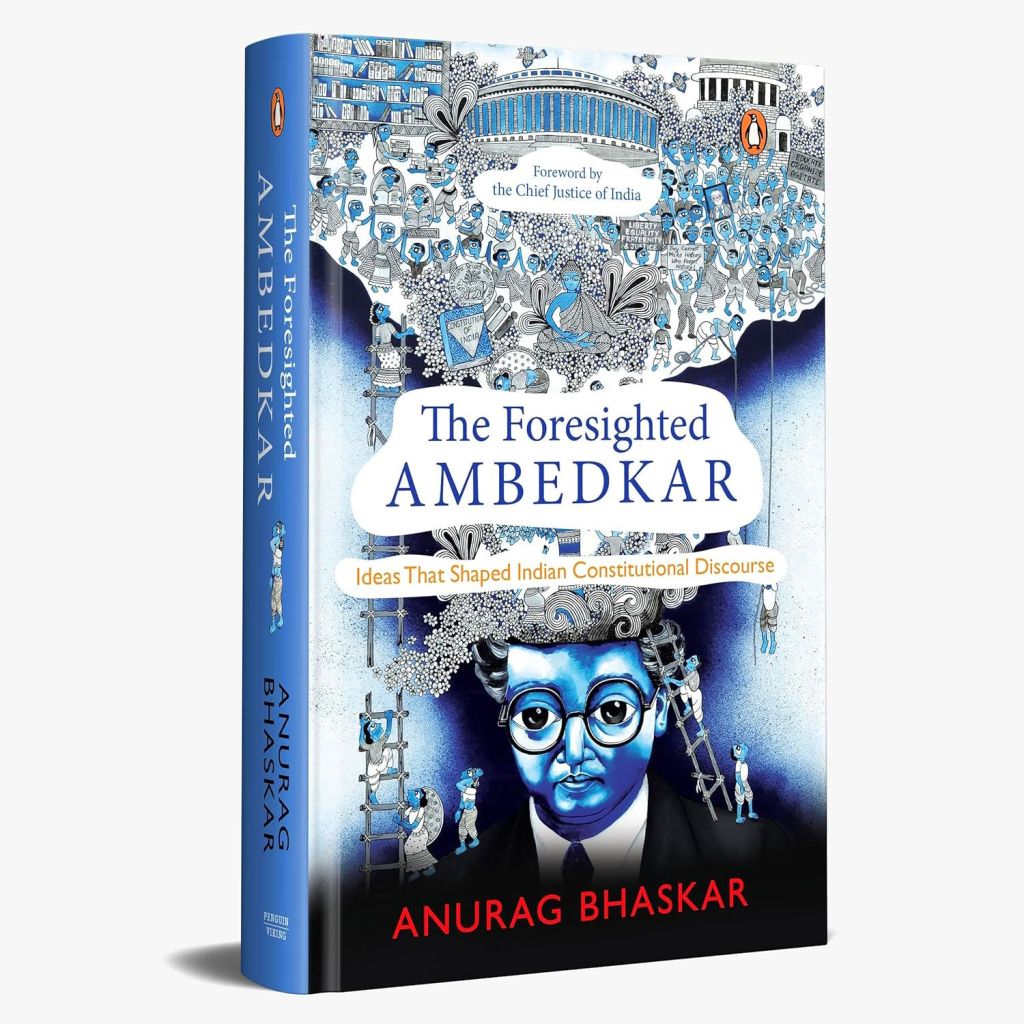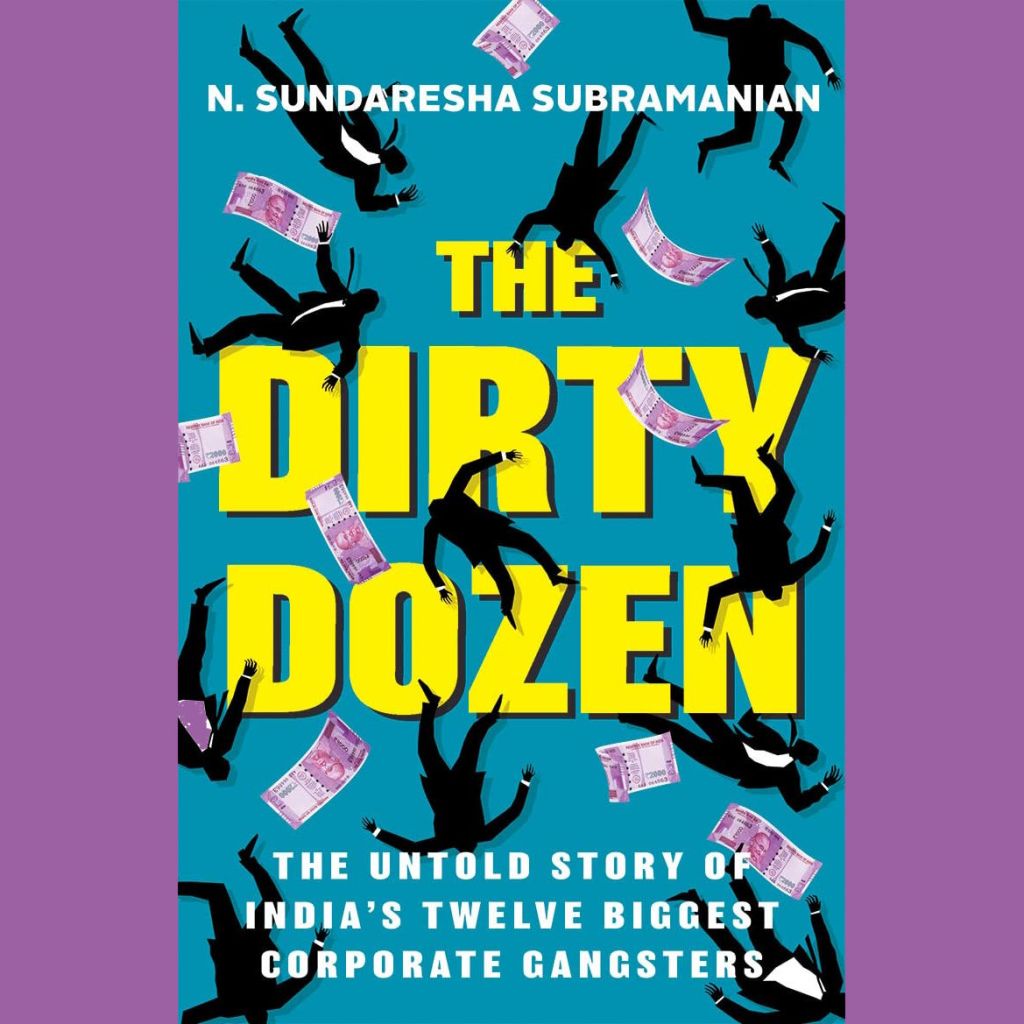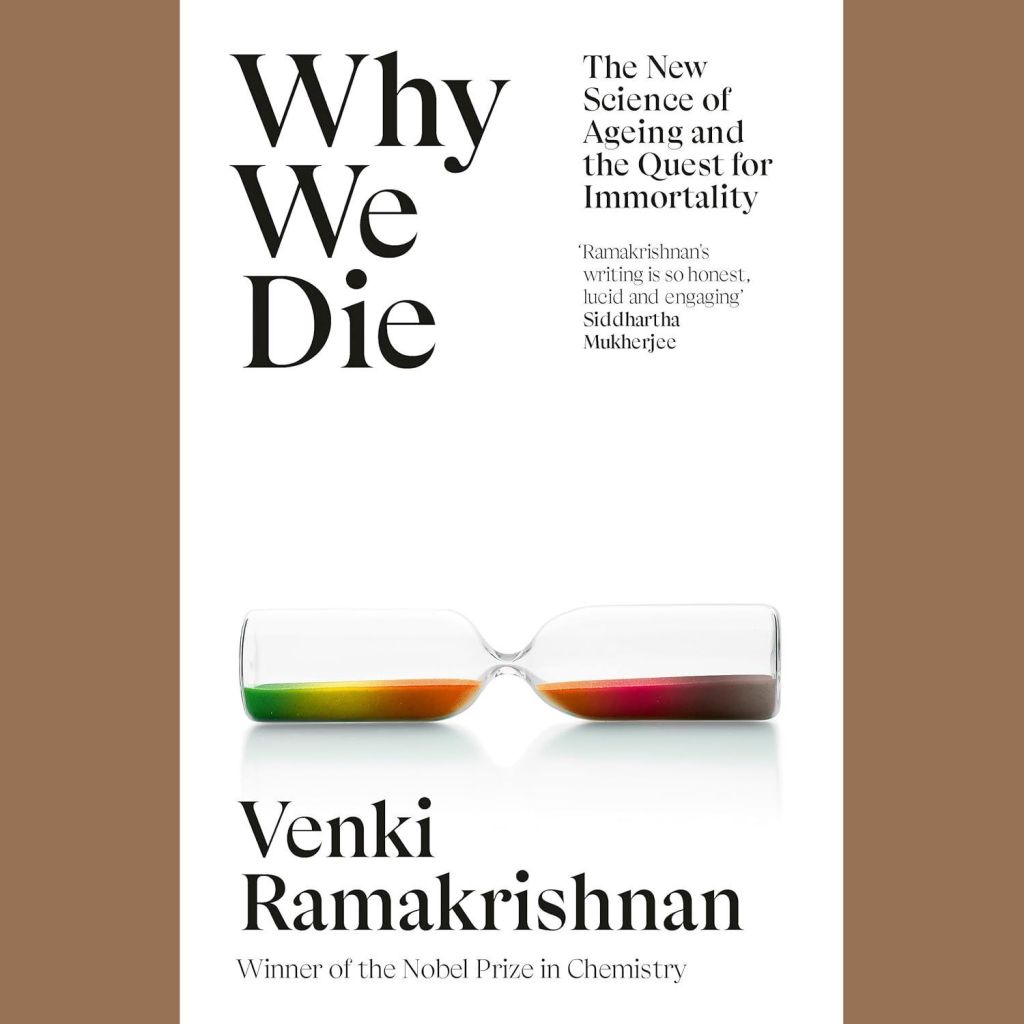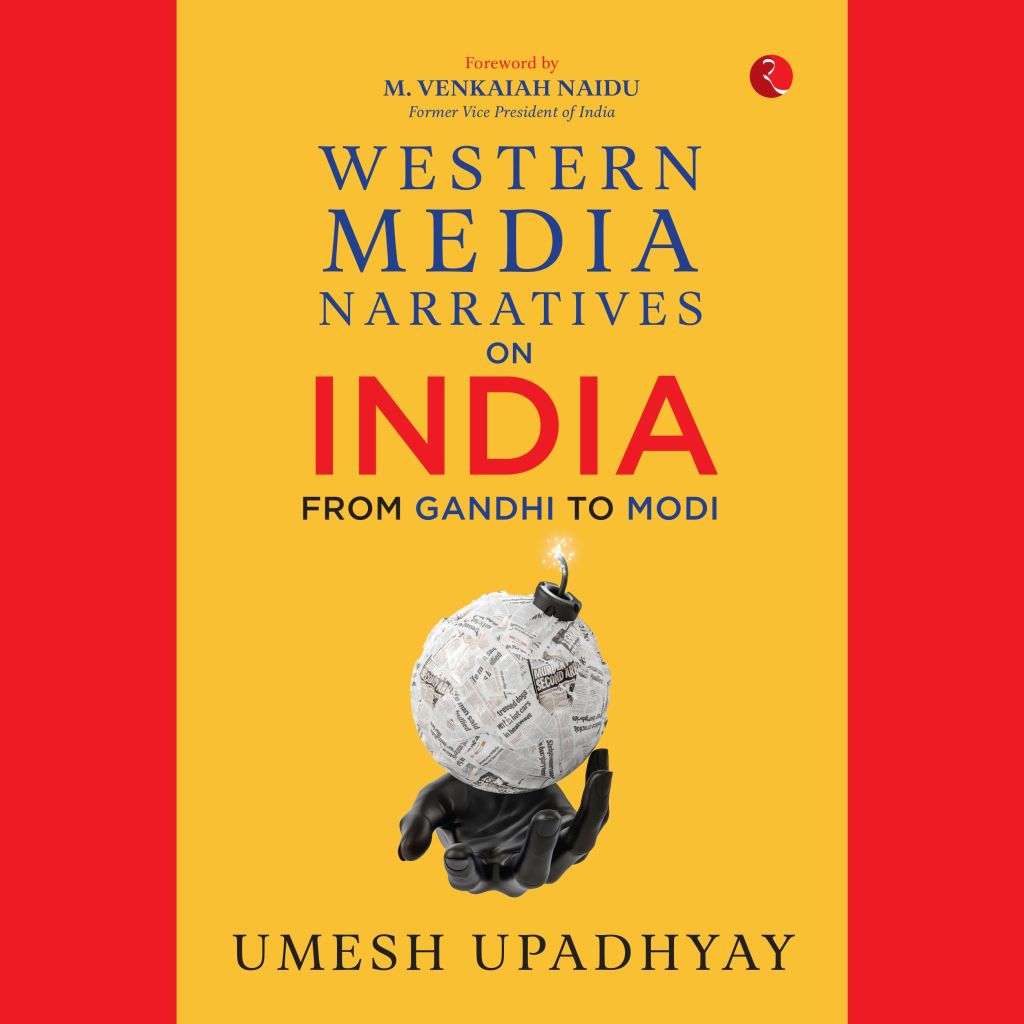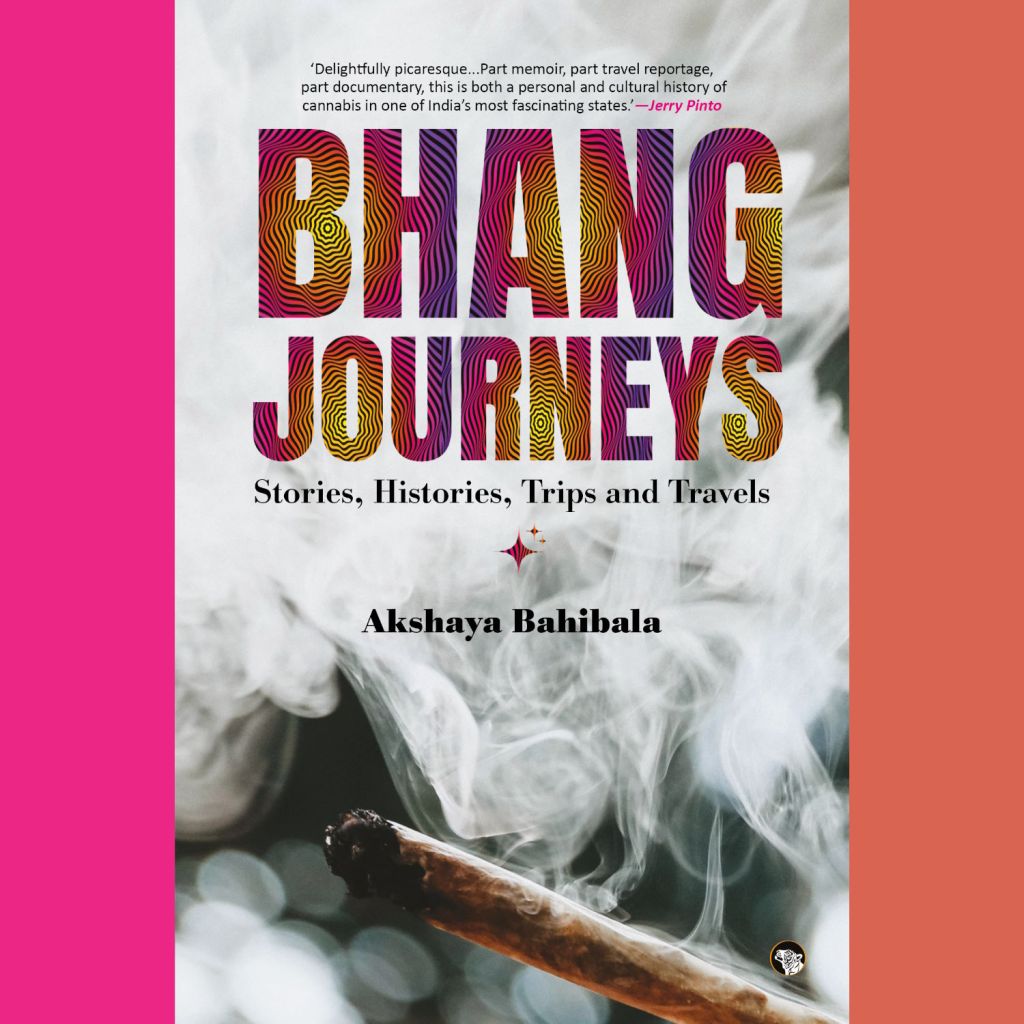A writer by passion and profession, Gurgaon-based Deepthy P. Nair is a publisher, having set up The Alcove Publishers back in 2017. A post graduate in mass communications, Deepthy hails from Kerala and is an avid reader, an athlete, a cinephile and music-lover. She currently heads the publishing unit of The Alcove and also works for Canserve Society, a non-profit organisation helping cancer patients. We talk to Deepthy about her work with The Alcove Publishers, how her company tries to do things differently, the kind of books that work best these days, the self-publishing phenomenon, and the changes that the publishing industry has witnessed in recent years.
Please tell us about The Alcove Publishers. What was it that attracted you towards the publishing business? What was it that inspired you to set up Alcove?
The Alcove Publishers is the result of a book gone wrong. I had my first manuscript in hand and I had to wait for 2.5 years for it to see the light. By then, the plot had lost its charm in my mind and I had moved on. Pausing at the realisation, I found a purpose and decided to guide new writers to publish their works. The Alcove took off from a book which didn’t see the desired limelight but managed to reach a place where it could provide a platform for many writers to feel satisfied with the whole publishing process.
What was your take on the book publishing business in India, back in 2017, when you started Alcove Publishers? How have things changed in the publishing business since then, in the last 5-6 years, especially in light of the Covid pandemic?
In 2017, our sole purpose was to provide a memorable publishing journey for writers. Once the team settled in well, we began to work on sales, marketing, promotions and offline distribution. The first phase of Covid saw the entry of many new writers as they got the time and space to work on their writing. It was a period where the editorial team had to brush up their reading skills in order to go through the innumerable manuscripts reaching us each day. But the second phase of Covid, which was more drastic and frustrating, saw a major dip in manuscript submissions. All through, it was a low phase which had to be faced and won over. Soon after Covid, the publishing industry itself began to see slight movements in sales and book shops opened up to more books and readers again. It is over now and we are back to publishing some top-class books by extremely talented writers.
With Alcove, did you want to do things differently as compared to some of the bigger, more established publishing houses in India? If yes, how and in what ways? What have been some of the biggest challenges in this journey?
It is not easy to be where The Alcove is today. But the fact that we have a cove of our own and innumerable writers approach us with their manuscripts talks a lot about what is going right with us. Our work ethics are highly transparent. As a team, we highlight our professional equilibrium while handling a manuscript throughout. There is a certain sense of trust, commitment and sincerity the author sees in us. I cite it as one of the reasons why they come back to us for publishing. Our time management skills are much talked about and as a team, we take up responsibilities seriously. It has helped us stand out as ‘not just publishers, but a lot more.’
Talking about challenges, they keep coming because of the low margin of profits involved in publishing, and a lot depends on the volumes. We are yet to find an e-commerce platform where we manage fair profits from sales, so that we can give a good part of it to the author as well. Unfortunately, both online and offline distribution needs a lot of correction and hopefully, we can see more competitive platforms emerging in both places. I believe, it will change the profit distribution structure to benefit the author a little more, which is much needed in today’s scenario.
In India, what are some of the biggest opportunities today for smaller publishers? Are there any niches/genres that bigger publishers don’t want to get into and where smaller publishing companies can work profitably? Are smaller publishers more open to working with new authors?
It is a very simple answer to this as I would like to use the phrase, ‘What’s in a name?’ Yes, a lot is hidden in a name, as writers want to get their works published with the top publishers in India. When their work gets rejected or when they do not receive any answers, they look for options. It’s a natural tendency and we have to accept it.
We are more mindful of the writers and are willing to take manuscripts even when we feel it is not the right time to publish a particular genre. As a publisher, we do let writers know about the same but we also understand the emotions tied up to the work and accept their enthusiasm to take a risk. In that way, we are closer and more connected to the writer and the bond which stays throughout the process helps the book as well. Because when we feel like a team, we work harder to make things work. As far as new authors are concerned, it is a big YES for us. We have been there at one point of time and have gone through the complexities linked to unprofessionalism in book publishing. So we are eager to provide the wings and thus support new writers.
I would also like to mention that The Alcove has had the opportunity to bring out books that appeal, from talented writers. While some of our books highlight a writer’s skill in language, some of the books are intense and philosophical. There are thrillers and there is always room for romance. I hope my writers’ works are recognised and appreciated. The manuscripts in hand truly deserve to be read and read again.

Right now, what works best in India? What kind of books do Indian authors want to write, and what kind of books do Indian readers want to read?
Non-fiction. In the last couple of years, there has been an upsurge to gather information, learn, seek, understand and meditate upon. And that’s why there is a trend to uplift the genres involved in works which are classified under non-fiction. As I say this, I will also point out some good works of fiction in the genre of thrillers, action and adventure and romance which have witnessed great sales.
As to what works, whether fiction or non-fiction, a good book will overcome the trends in progress if it has been listed, marketed and promoted well. To add to what else is seeing good volumes today, it is the inclination of readers to get hold of popular regional books, translated and made available at stores as well as online. So, that’s a positive sign and there is scope for more translations to be made available.
What is your take on self-publishing and its impact on traditional publishing?
The concept of traditional publishing has almost vanished from the publishing industry. With the change, we have to adapt to the new scenario and make publishing models that work for the author as well as the publisher. With respect to self-publishing a book, I would strictly recommend it to authors who have a good grasp of the entire publishing process and also exposure to the book marketing industry. Otherwise, there are more chances of the book getting lost without a trace than making it to the readers’ hands.
Today, guided publishing has taken a front seat. And I feel it’s going to stay. Why shouldn’t we be open to working as a team when the results can be more appealing? In guided publishing, authors also get a fair say in various phases of the publishing process. That way, it helps the book attain momentum which the author had thought of and the publisher is willing to provide.
What do you think of relatively newer formats like eBooks and audiobooks? How are these relevant to publishing companies?
The joy of holding a paperback and reading that is still highly relevant in India and that’s why we give importance to print. Though all our books come out in the digital format too and some in the audio format, letting go of hand-held books has not yet dominated the minds of the reading crowd here. So we wait and watch what readers like and accordingly go with the flow. Publishing a book digitally is cost-effective and saves the worries associated with printing, but for the time being, it’s more of hand-held books that take up our table space.
Personally, what kind of books do you like to read? Any favourite genres? Favourite authors? Any Indian author(s) whose writing you particularly like? Would you like to name the two or three most memorable books that you’ve read in the last 1-2 years? Any books that are on your must-read list for 2023?
I am not particularly fixated on a genre. An interesting book is always a fine read. I go back to the classics and reread William Shakespeare or works of poets like Keats or Yeats when I want to lighten up. Even a good Nicolas Spark novel if that’s the mood. I try a lot of spiritual books, as one book that inspired me when I was a child was Swami Rama’s Living with the Himalayan Masters. From there, I have read hundreds of books on understanding the inner self and finding answers to ‘Who I am?’ I still pick up such books if the title and the cover attract me. I am not for buying books only by well-known authors. And that’s exactly why at The Alcove, we give a lot of importance to the cover and the title.
I come from Kerala and we have some brilliant writers there. One cannot forget works by writers like Basheer, MT Vasudevan, Kamala Das, and currently KR Meera is an influential writer in Malayalam. I like Kamala Das’ language, Shakespeare’s style of writing and Keats’ imagery when it comes to works that remain forever with you.
adventure advertising Allahabad Apple astrology audiobooks Banaras best-of lists Bombay book marketing business Calcutta cheap reads cityscapes corporate culture design fiction food Hinduism hippies history India Japan journalism journalists libraries literary agents memoirs memories money Mumbai music my life with books Persian photojournalism Prayagraj publishers publishing science-fiction self-help technology travel trends Varanasi wishlists
More Stories:


